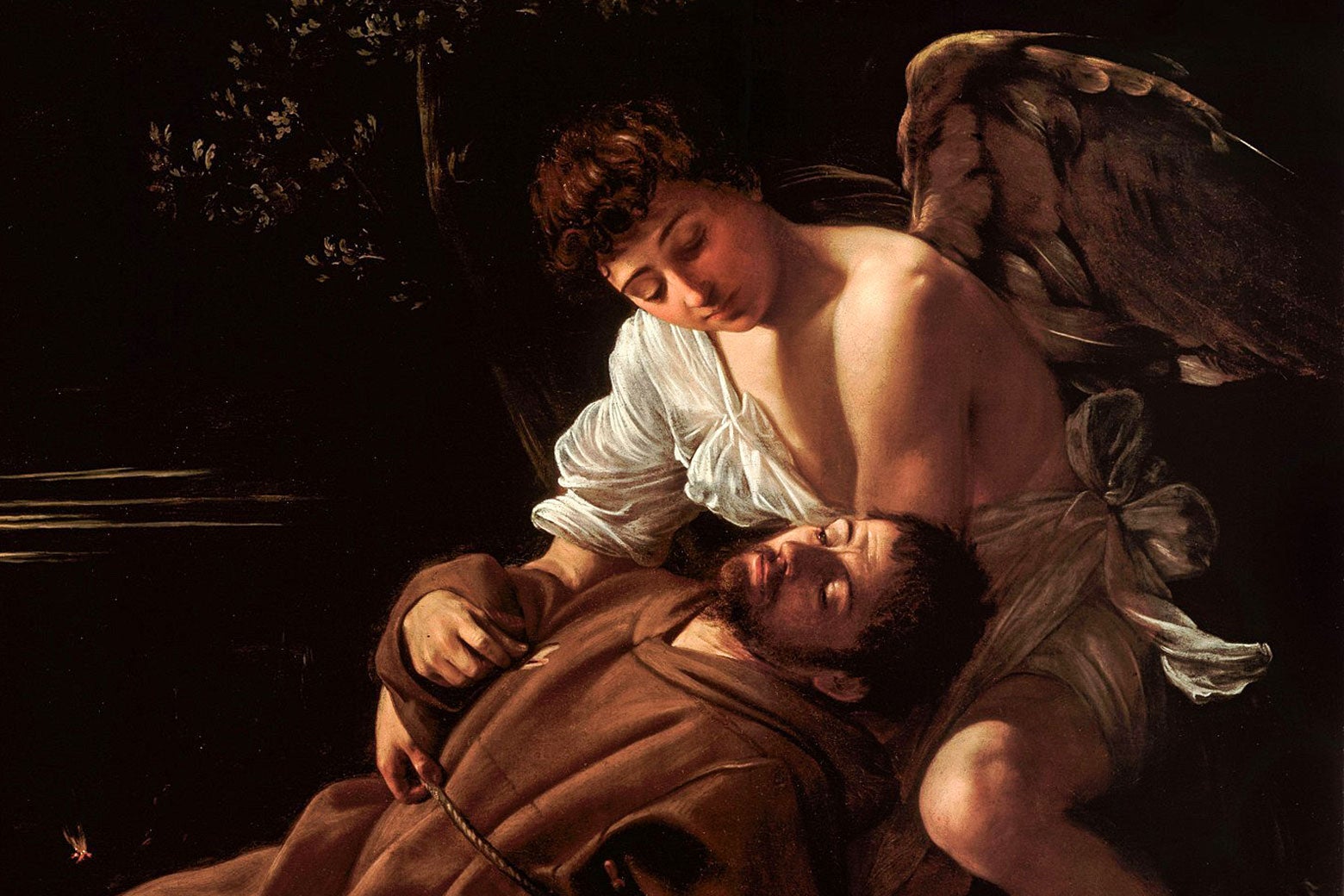
"The 18th-century agricultural advances in England and the Netherlands enabled a newfound consumer choice, fostering identities like 'gay' within a wider social context."
"MacCulloch observes that the shift towards consumerism in the 18th century awakened a psychological awareness, allowing individuals to make choices about personal identity."
"The emergence of a diverse array of identities, including feminism alongside same-sex identities, challenged the religious authorities of the time who were accustomed to dictating behavior."
"In 'Lower Than the Angels', MacCulloch intricately details how societal changes shaped concepts of identity relating to sexuality and broader societal norms."
In his book 'Lower Than the Angels', historian Diarmaid MacCulloch argues that 18th-century agricultural developments in England and the Netherlands led to significant shifts in personal identity, including the emergence of homosexual identities. The era's economic changes fostered consumer choice even among the lower classes, stimulating a psychological awakening regarding individuality. This environment not only allowed for the exploration of same-sex desires but also coincided with early feminist movements, creating challenges for religious authorities who traditionally enforced societal norms.
Read at Slate Magazine
Unable to calculate read time
Collection
[
|
...
]